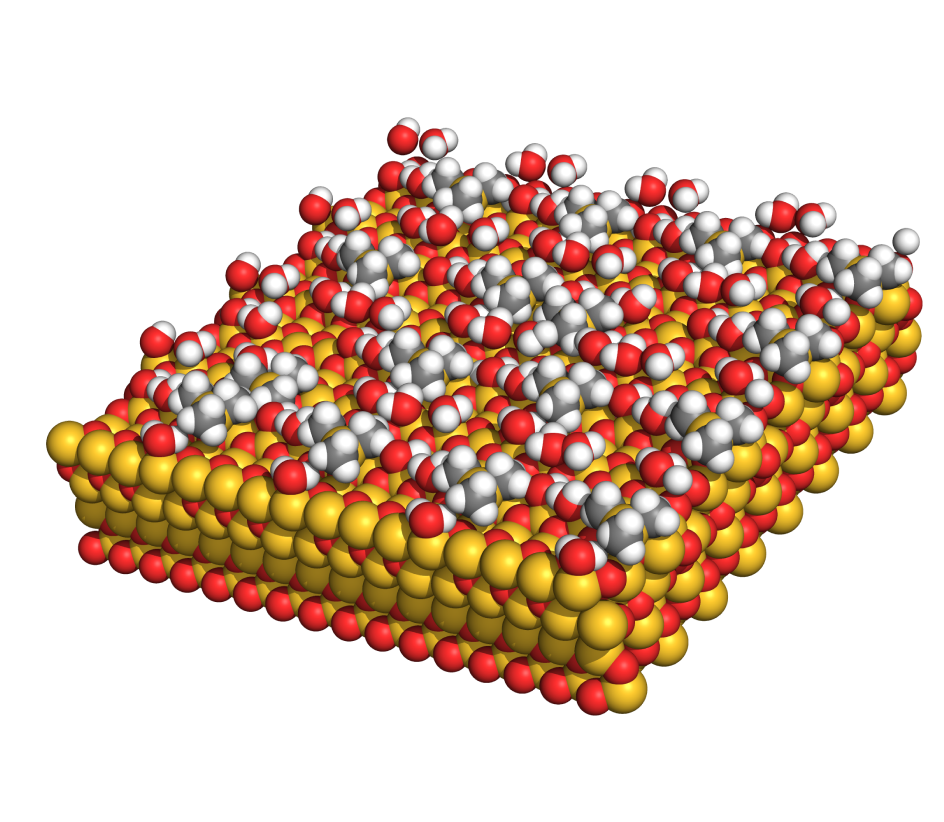Thin Film Processing
Fast-track the next generation of electronic devices

Fast-track the next generation of electronic devices

Scientists in the semiconductor industry are under constant pressure to deliver electronic devices that are smaller, more powerful, and more energy-efficient. Fabricating the next generation of device structures at the micro- or nano-scale is a huge and growing challenge.
Schrödinger’s Materials Science platform offers advanced computational tools to help companies optimize atomic-level processing for electronics and other high-tech industries, and improve device performance.

Discover how Schrödinger technology is being used to solve real-world research challenges.

Get answers to common questions and learn best practices for using Schrödinger’s software.
Learn more about the key computational technologies available to progress your research projects.
Secure, scalable environment for running simulations on the cloud
Integrated graphical user interface for nanoscale quantum mechanical simulations
Quantum mechanics solution for rapid and accurate prediction of molecular structures and properties
Automated machine learning tools for materials science applications
Automated, scalable solution for the training and application of predictive machine learning models
Automated workflows for design, optimization, and unsupervised mechanism discovery in molecular chemistry
Browse the list of peer-reviewed publications using Schrödinger technology in related application areas.
Sharma V. et al. Chem. Mater. 2021, 33, 8, 2883–2893
Dufond M.E et al. Chem. Mater. 2020, 32, 4, 1393–1407
Mattelaer F. et al. Chem. Mater. 2020, 32, 10, 4152–4165
Deploy digital materials discovery workflows with a comprehensive and user-friendly platform grounded in physics-based molecular modeling, machine learning, and team collaboration.
Leverage Schrödinger’s expert computational scientists to assist at key stages in your materials discovery and development process.
Access expert support, educational materials, and training resources designed for both novice and experienced users.